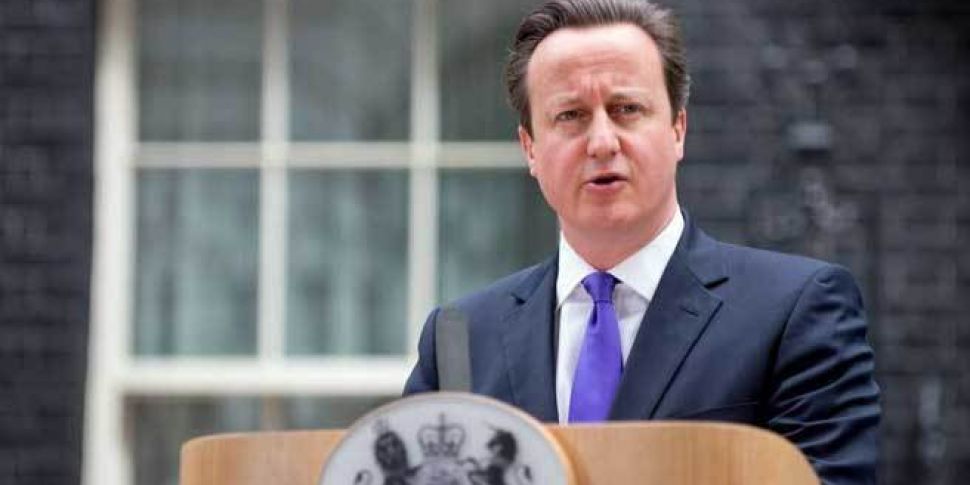Reports from London say that senior figures have been told by 10 Downing Street that June 23rd is the preferred date for a referendum on EU membership to take place.
The Times daily political mailout Redbox reports that this date has been earmarked by the British government.
While The Conservative Party's electoral promise committed to having the vote before the end of 2017, Mr Cameron has indicated that he hopes to have a vote sooner rather than later.
He will travel to the European leaders summit in mid-February hoping to have gained support for his four reform requests - this would facilitate a vote during the summer of 2016.
If he cannot secure support when the European Council meet on February 18th then he is unlikely to secure a deal with enough time to hold a vote in June.
As people leave the country to go on holidays in July and August, September is the next likely date for a vote to be held.
If a vote cannot take place in September reduced sunlight means that the British government would be likely to wait until well into 2017.
This could be problematic as the campaign would overlap with elections in Germany and France which could delay the debate on reforms.
Mr Cameron and The Conservatives' reform demands come under four headings:
- Economic governance: The UK wants explicit recognition that the euro is not the EU's only currency. This is a safeguard against any future movement to push for increased financial union in Europe. It is also to exclude Britain from any future bailouts for eurozone states. The UK wants to ensure that non-euro nations are not marginalised.
- Competitiveness: It wants a commitment to reducing red tape and the "burden" of excessive regulation within the single market.
- Sovereignty: Britain wants to opt out of the EU's founding commitment to an 'ever closer union' - this marks a rejection of future greater political integration. The UK also wants national parliaments to have greater powers to block EU legislation.
- Immigration: David Cameron's government is pushing for immigration reforms which will restrict access to benefits for in-work and out-of-work migrants. It wants to deny benefits for migrants who have not been resident in the UK for at least four years. Sources in the UK's civil service are reported by the BBC to have said that this period could be cut to one year.









